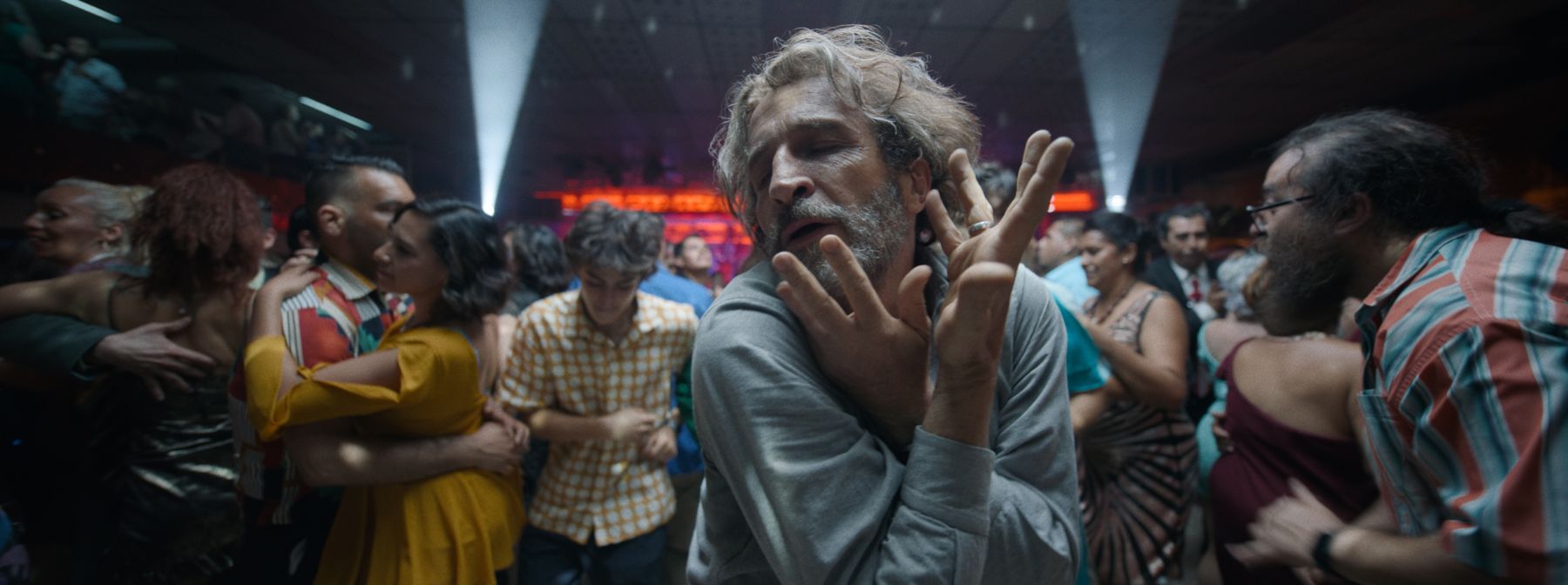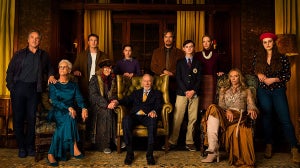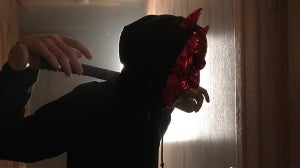
Over the past few years, everybody from Alfonso Cuarón to Kenneth Branagh has had a stab at theirs (whilst Steven Spielberg will soon be releasing his), and now it’s Alejandro González Iñárritu’s time.
The Mexican filmmaker’s latest feature, Bardo, False Chronicle Of A Handful Of Truths, is his first movie since his back-to-back Best Director Oscar wins for Birdman (which also won Best Picture) and The Revenant.
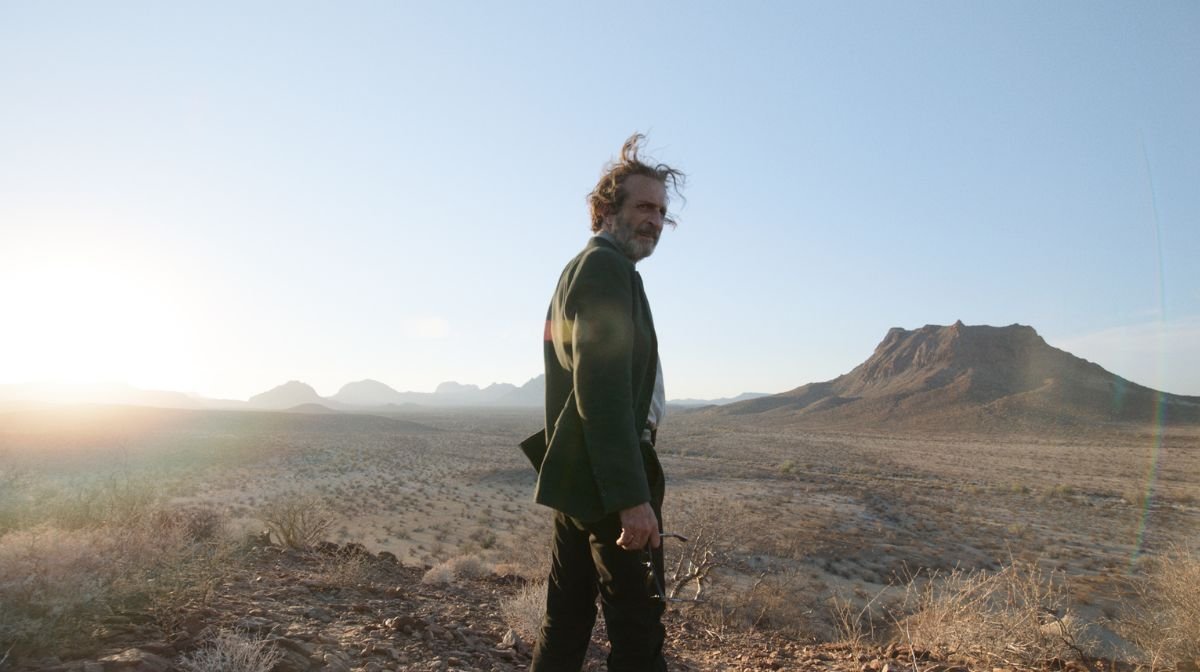
As Iñárritu explained to Zavvi, after hitting those career highs, it felt like the perfect time to make something much closer to home: “I think a lot of it has to do with my age.
"This is my seventh film and over the last five years, I’ve felt the need to really go inward and share more directly from my heart.
"There was a period where I thought this was it for me, and that I needed to attempt making this film.”
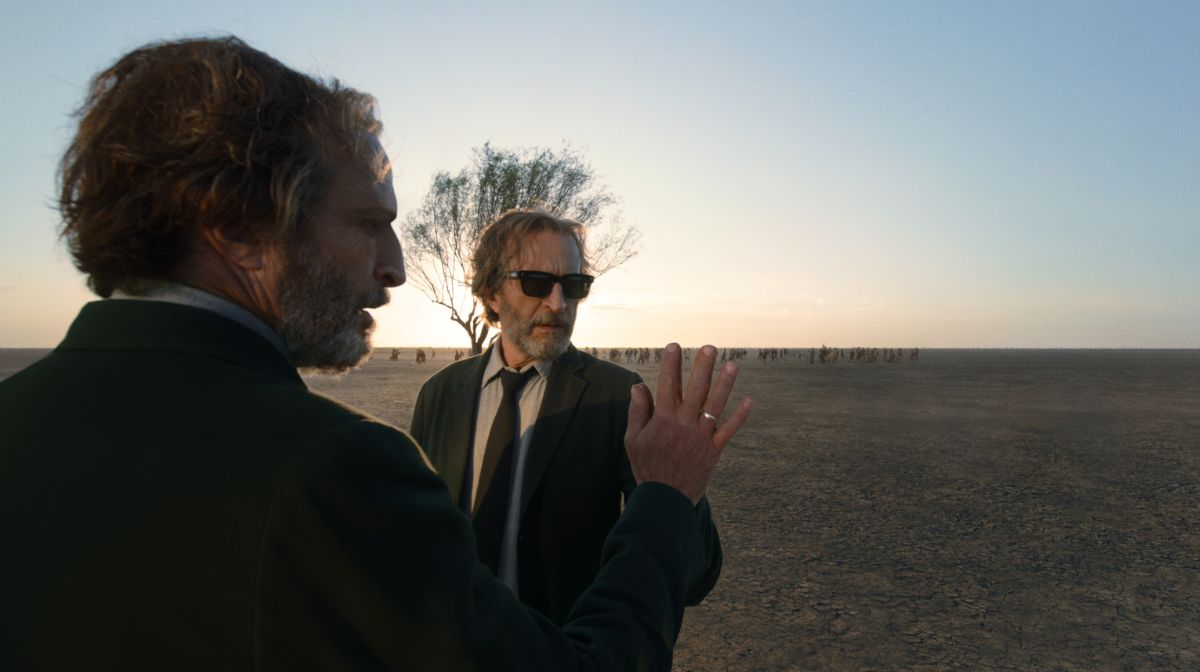
The character of documentary filmmaker Silverio experiences many of the same challenges Iñárritu has faced throughout his life, from the loss of a child to feeling culturally removed from his native country after finding success in America.
However, the director explores this with a surreal lightness of touch he compares to a waking dream, with his surrogate character moving between several hallucinatory encounters whilst amidst crises both personal and professional.
https://www.youtube.com/watch?v=lCQimQfDuTs&t=5s
“The things he’s going through are circumstances that I’ve been through – but the meaning of that full title, False Chronicle of A Handful Of Truths, is guidance to what this film really is.
"It’s an elusive journey with no claim of truth or direct autobiography, even though real events I’ve experienced are here for the alter ego character to navigate.
“I think it was also important for me to navigate through some of the more intense moments of my life in a way that would allow me and the audience to laugh about them.
https://www.youtube.com/watch?v=8Q_RVOTqZlQ
"I didn’t want the film to belong to a restricted genre, I wanted to liberate each moment from storytelling and narrative conventions in the same manner as we dream – our dreams go from one sensation to the next and I similarly wanted to keep bouncing around each different tone.
"Our lives go from transcendent to stupid and absurd: I needed to be able to laugh at myself to make this right.”
As a result, the film jumps from jaw-dropping set piece to jaw-dropping set piece, including Silverio shrinking down to child size for an imagined conversation with his father in a nightclub toilet, to visions of flooded houses and post-apocalyptic landscapes with human pyramids. But perhaps the most attention-grabbing moment comes courtesy of David Bowie’s Let’s Dance, as the isolated vocals of the famous song soundtrack a striking dance sequence. As the director explained, the choice of song and artist were not coincidental.

“I wanted to have a great moment of Silverio in the California Dancing Club in Mexico City, which is really this cathedral of dance, just the most epic room you could dance in. I wanted to go into his mind in the same way that we all do when we mumble the lyrics of our favourite song to ourselves, and take out the music – you get so lost in yourself and what those songs mean to you in that moment. Bowie was the master of creating and breaking every rule of convention in music, so in a way for me, I felt that the song was perfect for a moment that breaks the rules of how music can be used in film, while also celebrating the deep joy of the character in that moment.”
The surreal nature of the material meant there were many challenges for the actors bringing this to life, but for none more so than Daniel Giménez Cacho, who plays the role of Silverio. As he explained to Zavvi, the film may have ties to reality, but the cast all did their best to ignore that when filming.
“It’s funny discussing how it’s autobiographical, because I never tried to build a character that was like him in any way! I think I was chosen for the role because I’m very much in the same state of mind and life as him, there are so many similarities between us that it never felt like I was playing him – it was something that felt equally personal to me. I was thinking about my own history and life through this character, and wasn’t trying to just reproduce something close to Alejandro.
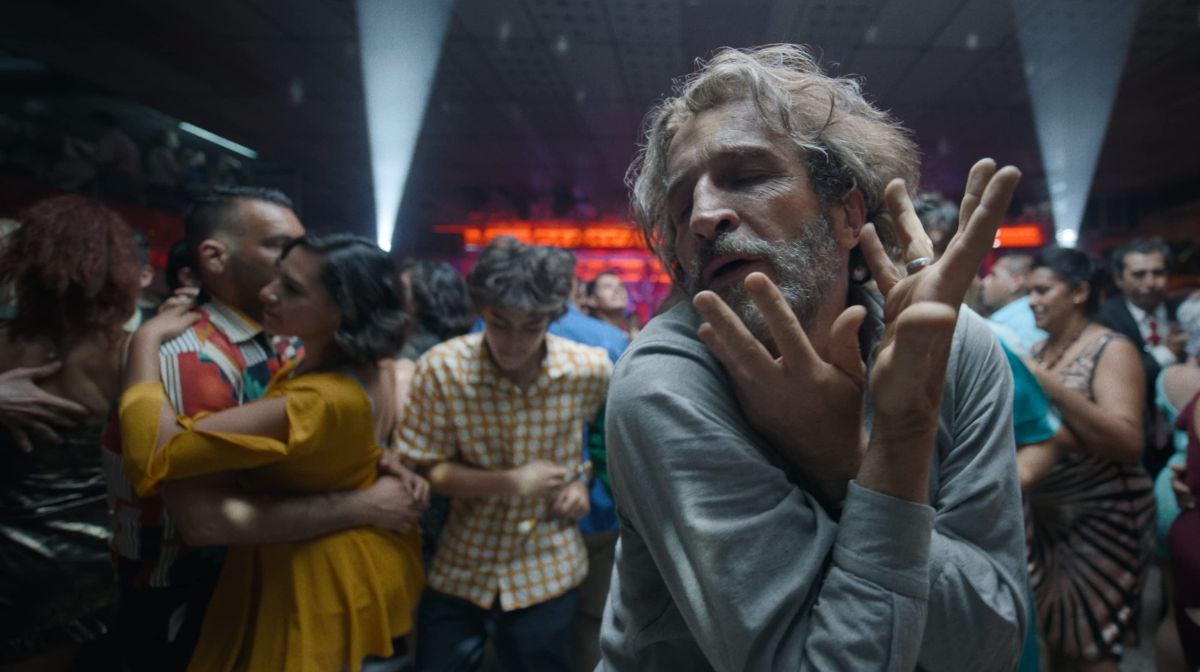
“When I first read the screenplay, I found the mixture of humour and drama brilliant: it reflected the way life really is in a manner that was completely unique.”
Finding the humour within the tragedy did prove a difficult experience for Griselda Siciliani, who plays Silverio’s wife Lucia. Her introductory scene in the film sees her give birth to a child who immediately demands to go back in the womb because “the world is too f***ed up”, a metaphor for the pain of losing a child so early in life. As she explained to Zavvi, it took a while for her to be able to find the comedy within a moment of heartbreak rooted in reality.
“We filmed in chronological order for the most part and we needed a lot of takes for this scene. I got incredibly emotional and started crying, even though that wasn’t what the scene needed. It took a long time to process what the scene was saying to be able to find the comedy within it – I needed to process how the character was feeling deep down before I could play it as a moment of dark humour”.

However, the vast majority of actors in the film never had the chance to read Iñárritu’s full screenplay, as was the case for Ximena Lamadrid & Íker Sánchez Solano, who play Silverio’s daughter Camila and son Lorenzo respectively. The filmmaker never explained the personal backstory that informed the film to the pair, who instead showed up on set every day to be thrown into a brand-new surreal encounter.
As Solano explained: “We weren’t even aware of how deeply personal the film was! We never got a chance to read the script, but in many ways that proved to be a blessing – everybody's performances are so much more authentic when they’re not all in the headspace of the main character. It was confusing at times, as we were lost in the timeline. We didn’t know if the film was happening 100 years ago, a couple of years ago or in the future, but we were living and breathing it!”
Due to various COVID restrictions, the film was shooting on-and-off for nearly two years, and it’s still rapidly changing shape: the cut released on Netflix will be 22 minutes shorter than the version which premiered at Venice back in September. For the actors, who were finally experiencing the full extent of Iñárritu’s vision, it proved to be an “extreme experience”.

“I didn’t even know what to say about it after I saw it”, Solano continued. “I thought this film was going to be a much different experience to what it was – my only immediate reaction after seeing it was simply, this guy is crazy for making it!”.
Iñárritu was reported as saying that he would likely retire once he’s delivered his final cut of Bardo, but Lamadrid refuses to believe that will happen, saying: “I think he’s a genius, and I don’t think he’s going to stop blessing us – he's the kind of guy who will always talk about a project being their final one, and then return with the best thing they’ve ever made a few years later. There are so many things in this film I hope he keeps exploring within his lifetime”.
Lamadrid might be in luck however, as it sounds like Iñárritu is already changing his mind about an early retirement.
“I think of it like when you have a huge meal for lunch, and somebody asks where are you going to have dinner – I'm not thinking about that at the moment! I love the time between one film and the next, that space between projects really feeds the films I make. And right now, I’m still full!”
Bardo, False Chronicle Of A Handful Of Truths is streaming on Netflix from 16th December.
For all things pop culture, follow us on Facebook, Instagram, Twitter, and TikTok.

Related Articles

